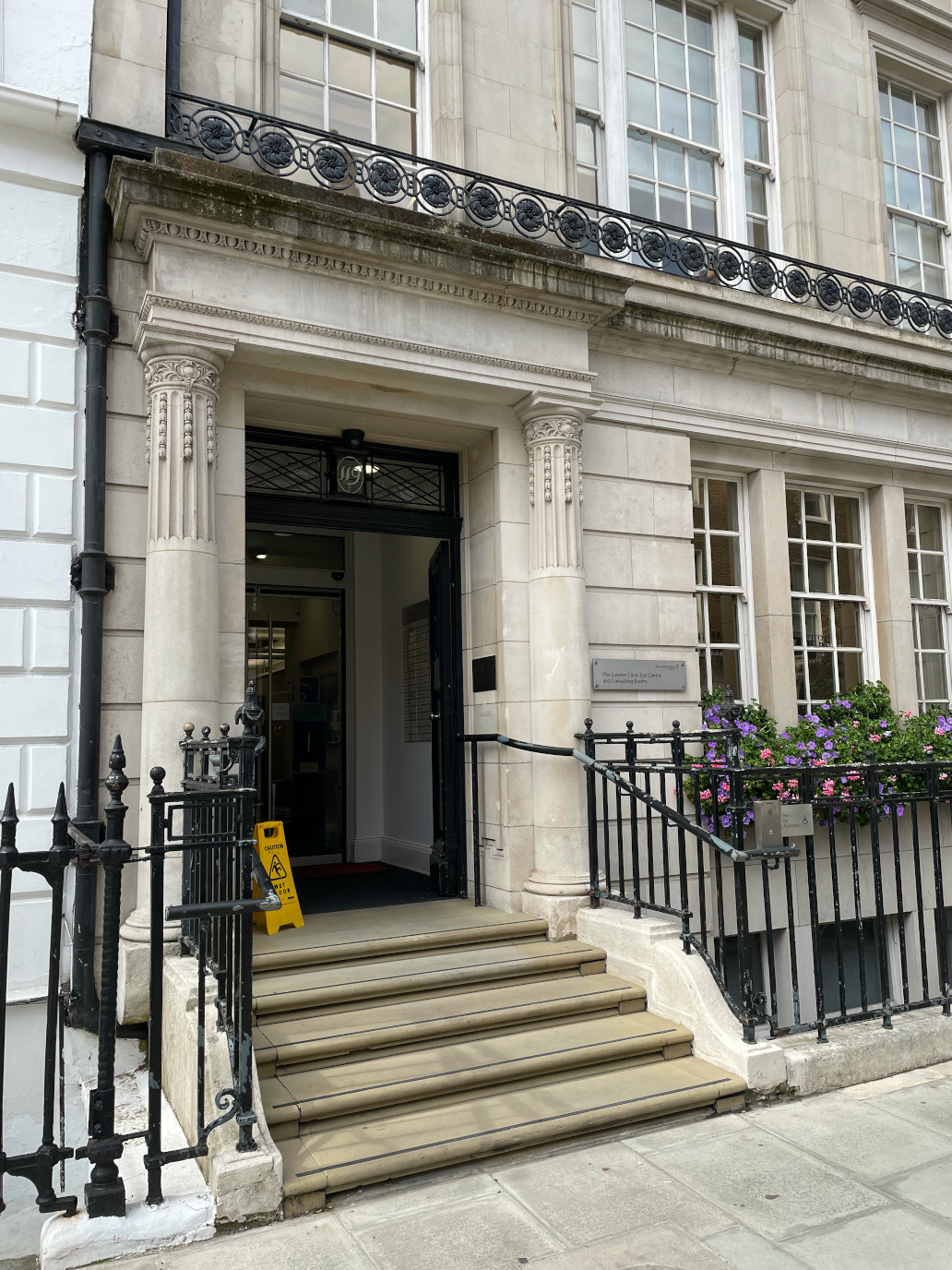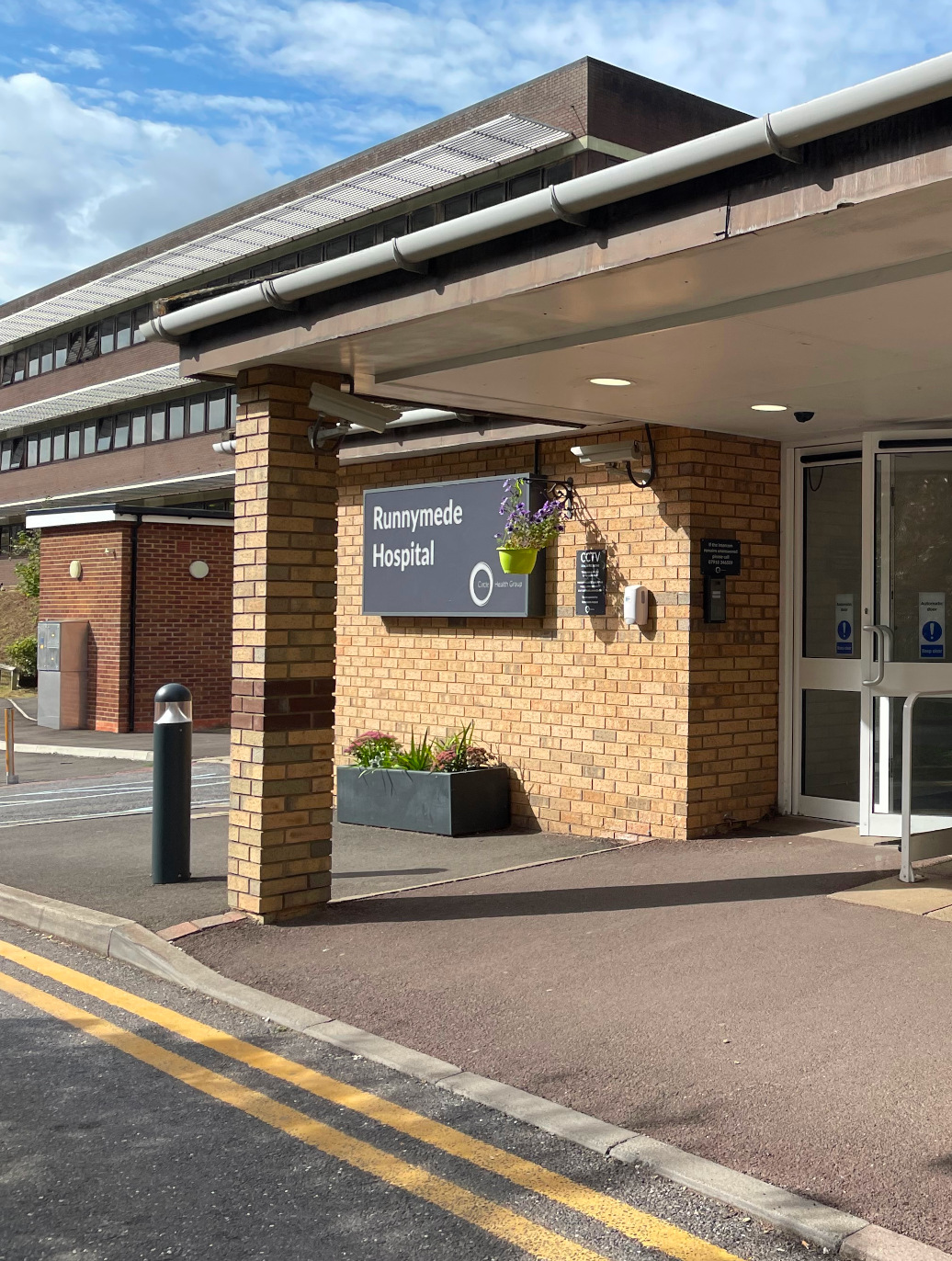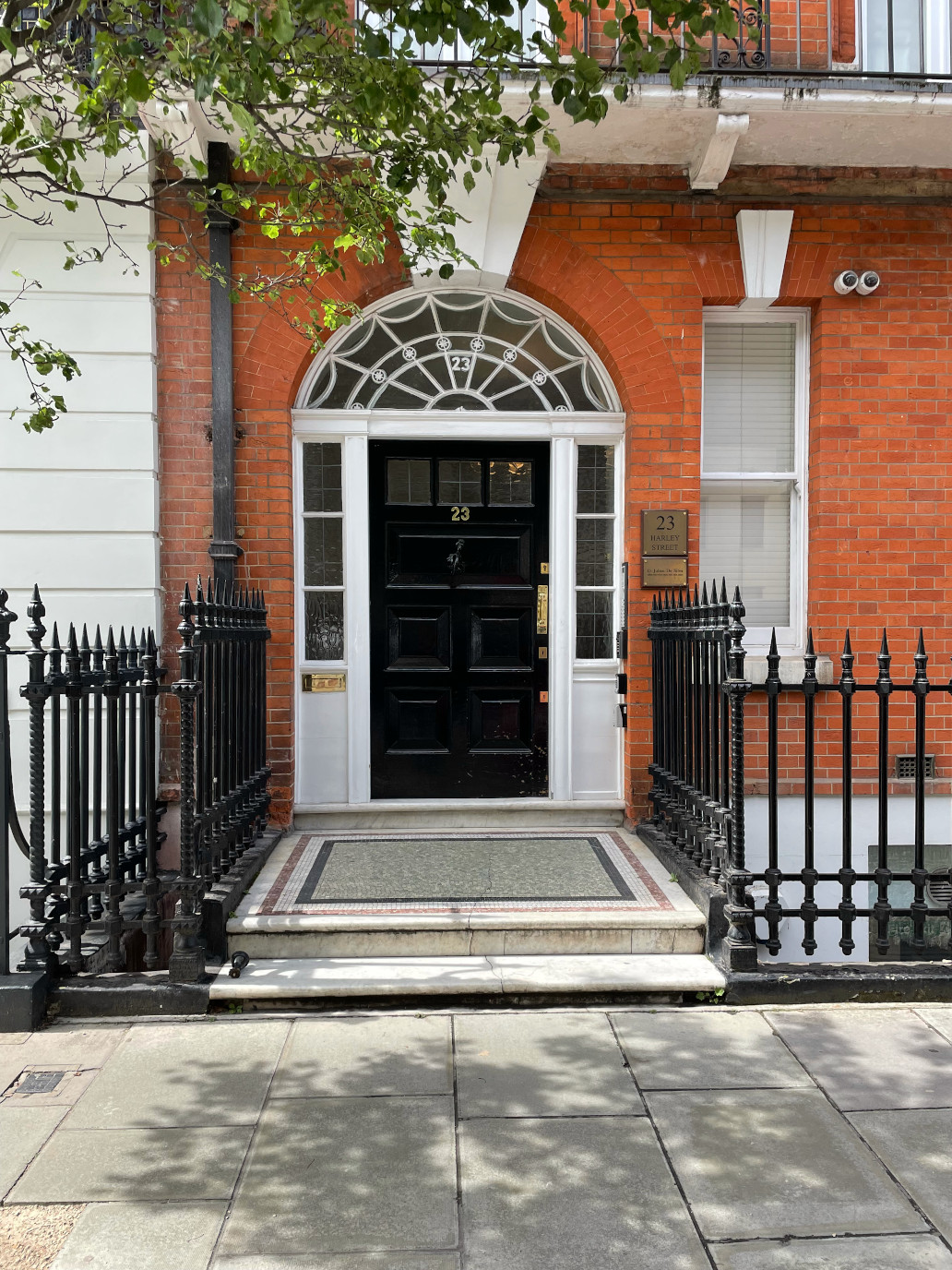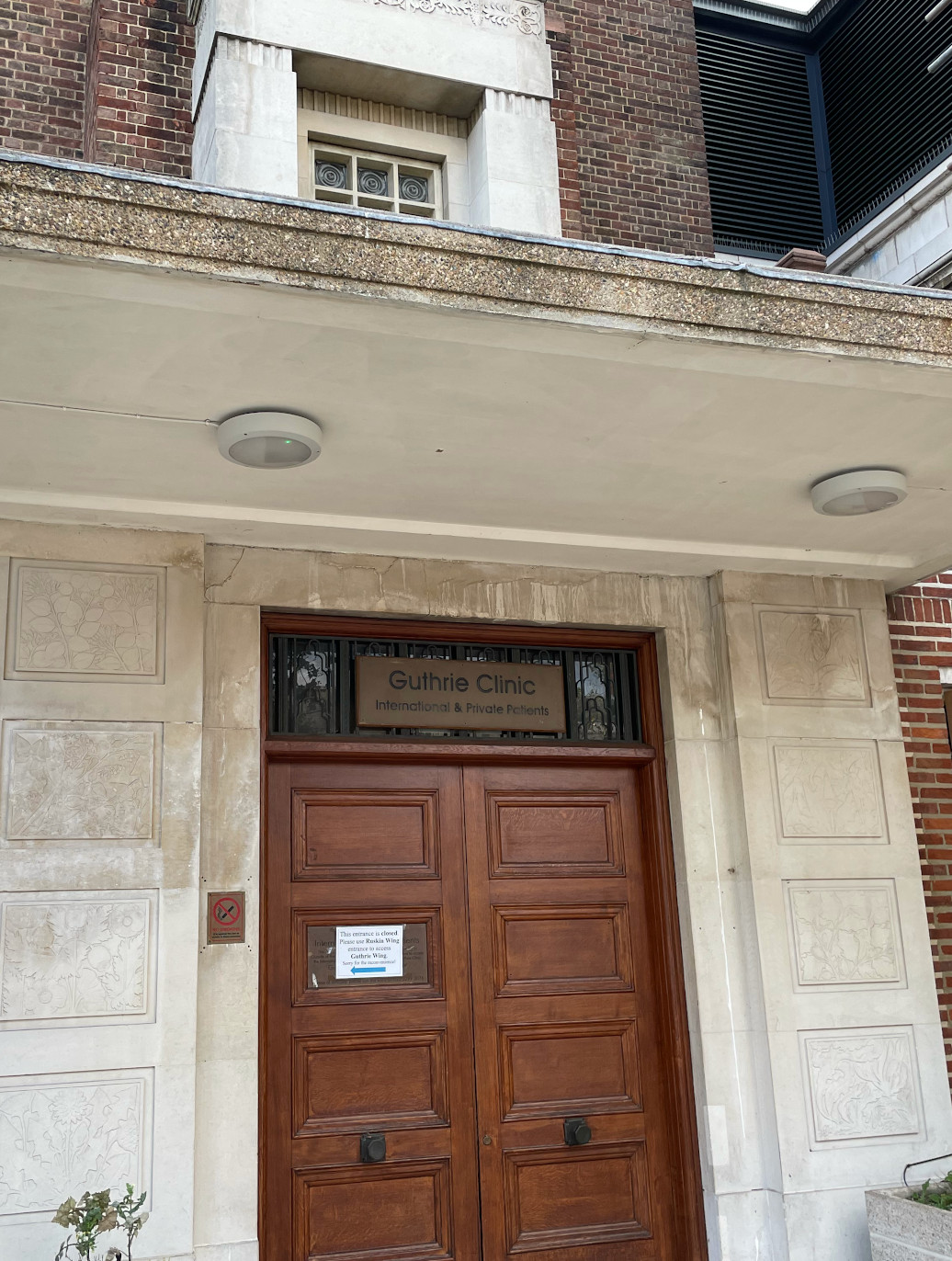Glaucoma Treatment: Surgical Options
In some cases, glaucoma treatment may involve the reduction of eye pressure through surgical means. A number of options are available and Mr Trikha can discuss the suitability of each of these for your particular condition.
Minimally Invasive Glaucoma Surgery (MIGS)
In recent years a variety of new devices have entered the glaucoma market and these are known as minimally invasive glaucoma surgery (MIGS). Mr Trikha is qualified to insert all of these devices.
iStent Surgery:
The iStent is the smallest device inserted into the human body, measuring less than 2mm in length. It is inserted into the drainage angle of the eye, called the Trabecular Meshwork (TM). Upon insertion, the stent starts draining aqueous fluid immediately, resulting in a lower pressure in the eye. Normally, 2 stents are inserted, and this procedure can be combined with cataract surgery. The procedure is safe and effective, with a low risk of any complications.
In a recent audit of 6 month results of iStent surgery in Mr Trikha’s practice, the average pressure reduction was around 20%, with no complications.
Xen implant Surgery:
The Xen implant consists of a small tube measuring 6mm in length, that is inserted from within the eye through its wall, to sit underneath the white covering of the eye known as the conjunctiva. The procedure is usually performed under local anaesthetic, and does not require any stitches. Once in place, the aqueous fluid starts to drain through the tube and forms a shallow ‘bleb’ under the conjunctiva . This usually sits under the upper eyelid and comfortable.
PreserFlo minimally invasive Surgery:
PreserFlo is one of the latest advances in glaucoma surgery. Contact Mr Trikha at [email protected] for further details.
Endoscopic cyclophotocoagulation (ECP):
In patients undergoing cataract surgery, or in patients who have already undergone cataract surgery, ECP can be performed. This involves the placement of a small endoscopic probe into the eye to directly visualise the part of the eye that creates aqueous fluid. A special laser is then applied to shut down this area, thereby reducing the pressure in the eye. After the procedure, a small injection of an anti-inflammatory agent is used to reduce the risk of inflammation.
Trabeculectomy
Trabeculectomy surgery involves creating a ‘trapdoor’ from the outer wall of the eye, in order to allow aqueous fluid to drain out, underneath the upper eyelid. Trabeculectomy surgery is usually a longer procedure than MIGS, but can similarly be performed under local or general anaesthesia. Mr Trikha often uses anti-scarring medication at the time of surgery (Mitomycin C) and carefully places stitches at the site of the trapdoor. Some of these may be released in the immediate post-operative period to ensure adequate drainage of aqueous fluid.
Trabeculectomy surgery tends to be a more invasive procedure, and therefore often requires frequent follow up for the first few weeks after the procedure.
Baerveldt Tube Surgery
Mr Trikha also performs complex tube shunt surgery in instances of severe glaucoma, and where alternative procedures are unlikely to be beneficial. This involves the placement of a silicone tube into the front chamber of the eye, to drain aqueous fluid and reduce the eye pressure. The tube is attached to a small silicone plate that is secured to the eye, and is completely painless.
Post-operative recovery:
Mr Trikha also performs complex tube shunt surgery in instances of severe glaucoma, and where alternative procedures are unlikely to be beneficial. This involves the placement of a silicone tube into the front chamber of the eye, to drain aqueous fluid and reduce the eye pressure. The tube is attached to a small silicone plate that is secured to the eye, and is completely painless.
Where to find us

The London Clinic Eye Centre

The Circle Hospital

23 Harley Street


